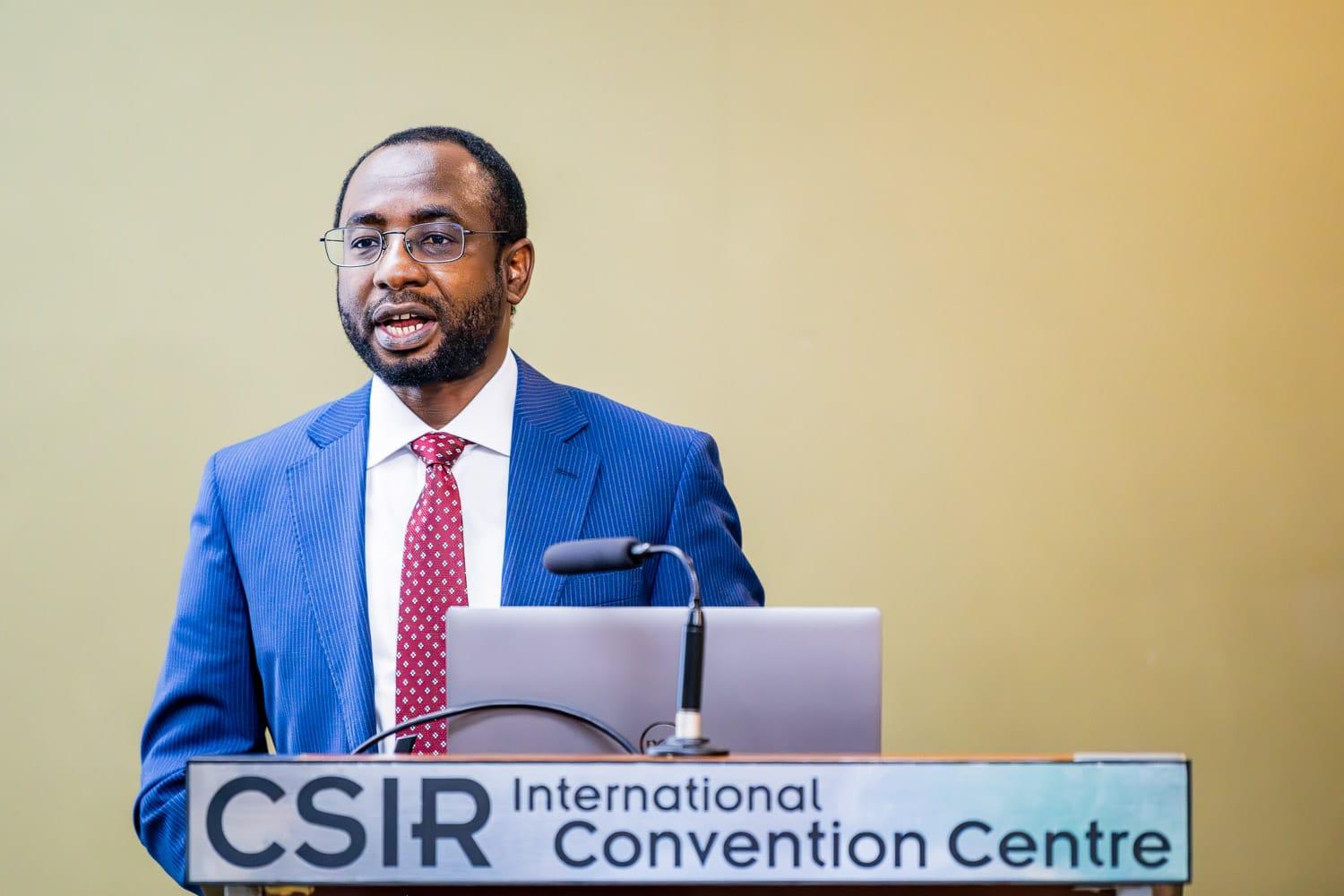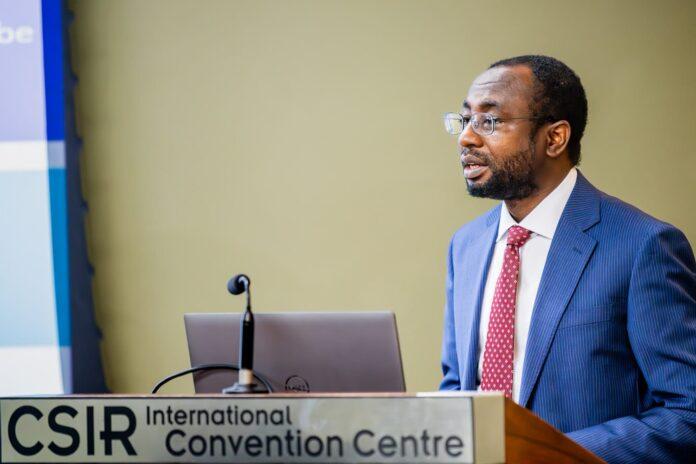Nigeria’s digital future is hanging by a thread, and the recent showcase at the ICEGOV2024 Conference in Pretoria, South Africa, only confirms what many already suspect—bold ideas without action will lead nowhere.
While five Nigerian researchers presented groundbreaking innovations, the lack of real investment and follow-through threatens to make these advancements another set of unfulfilled promises.
Speaking at the event, NITDA’s Director-General, Kashifu Inuwa Abdullahi, representing the Minister of Communications, Innovation, and Digital Economy, emphasized that these innovations are in line with President Bola Ahmed Tinubu’s Renewed Hope Agenda, which aims to leverage technology for economic diversification.
But this rhetoric only holds value if backed by concrete action.
Out of 157 papers submitted, only 85 were accepted at ICEGOV2024, highlighting the global competition in the field of e-governance.
Nigerian researchers have clearly proven they have the expertise, but expertise alone won’t transform Nigeria’s economy. Abdullahi said these innovations have the potential to “catalyse technological innovations crucial for Nigeria’s economic diversification and governance improvement.” Yet, words without action mean little.
The research presented at the conference addresses Nigeria’s key challenges in digital governance, offering potential solutions across sectors.
Hassana Asuku’s presentation on “Bridging the Broadband Gap” proposes improving broadband access in rural areas to enhance economic inclusion.
However, Nigeria’s track record in closing the digital divide remains unimpressive. Without aggressive investment, Asuku’s plan could become just another shelved initiative.
Adeyinka Patrick Adewumi’s focus on “Digital Competency in the Public Sector” is crucial, pointing out the low digital skills among civil servants as a major obstacle to Nigeria’s digital transformation.
He called for targeted training and infrastructure upgrades, but who is ensuring that these essential changes are prioritized?
Dr. Agbali Mohammed’s work on Scalable Digital Public Infrastructure (DPI) addresses the bureaucratic barriers preventing effective deployment of digital infrastructure.

This research, which promotes stronger public-private partnerships, must be taken seriously if Nigeria hopes to improve its regulatory framework and foster innovation.
Dr. Tanimu Mukhtar Garba’s Taxpoynt platform, designed to simplify tax processes for SMEs, could be a game-changer for Nigeria’s small business sector, which is vital for economic growth.
But will Nigeria invest in making tax compliance easier for businesses, or will it continue to burden SMEs with outdated processes?
Lastly, Dr. Salihu Dasuki Ibrahim’s research on citizens’ freedoms in e-governance highlights the risks posed by inadequate ICT infrastructure and poor data privacy protections.
He argues that improving digital public infrastructure is essential for safeguarding citizens’ liberties.
Nigeria’s participation at ICEGOV2024 positions it as a player in global digital governance discussions. But, as Abdullahi admitted, “Real-world asset tokenisation would offer a promising avenue for Nigeria to unlock its economic potential and improve the lives of its citizens.” Promises like these have been heard before.
Without urgent action, these innovations will remain distant dreams.
In conclusion, Nigeria must shift from showcasing potential to implementing real solutions that drive economic growth.
If not, the gap between Nigeria’s digital aspirations and reality will only widen.


























